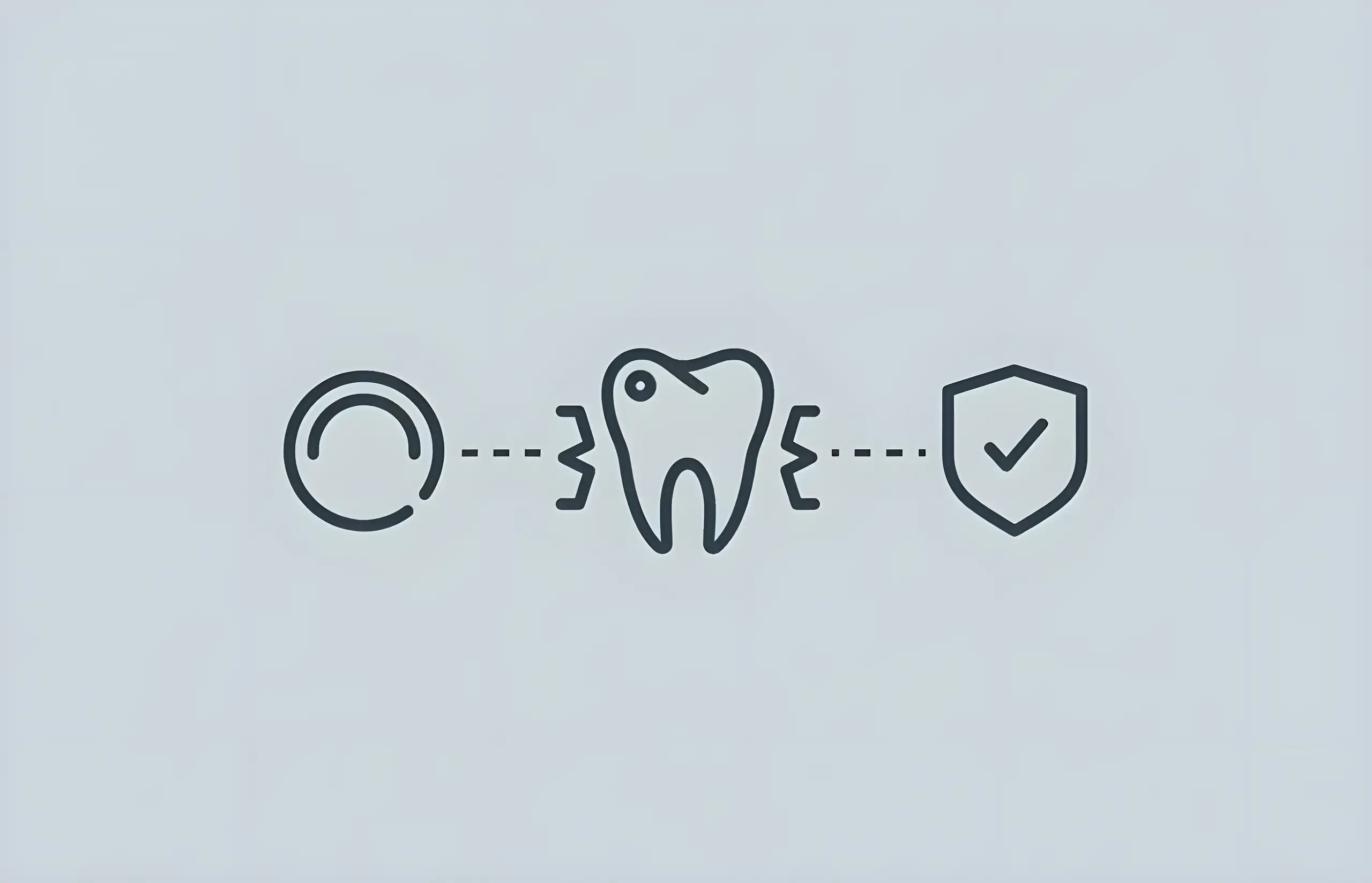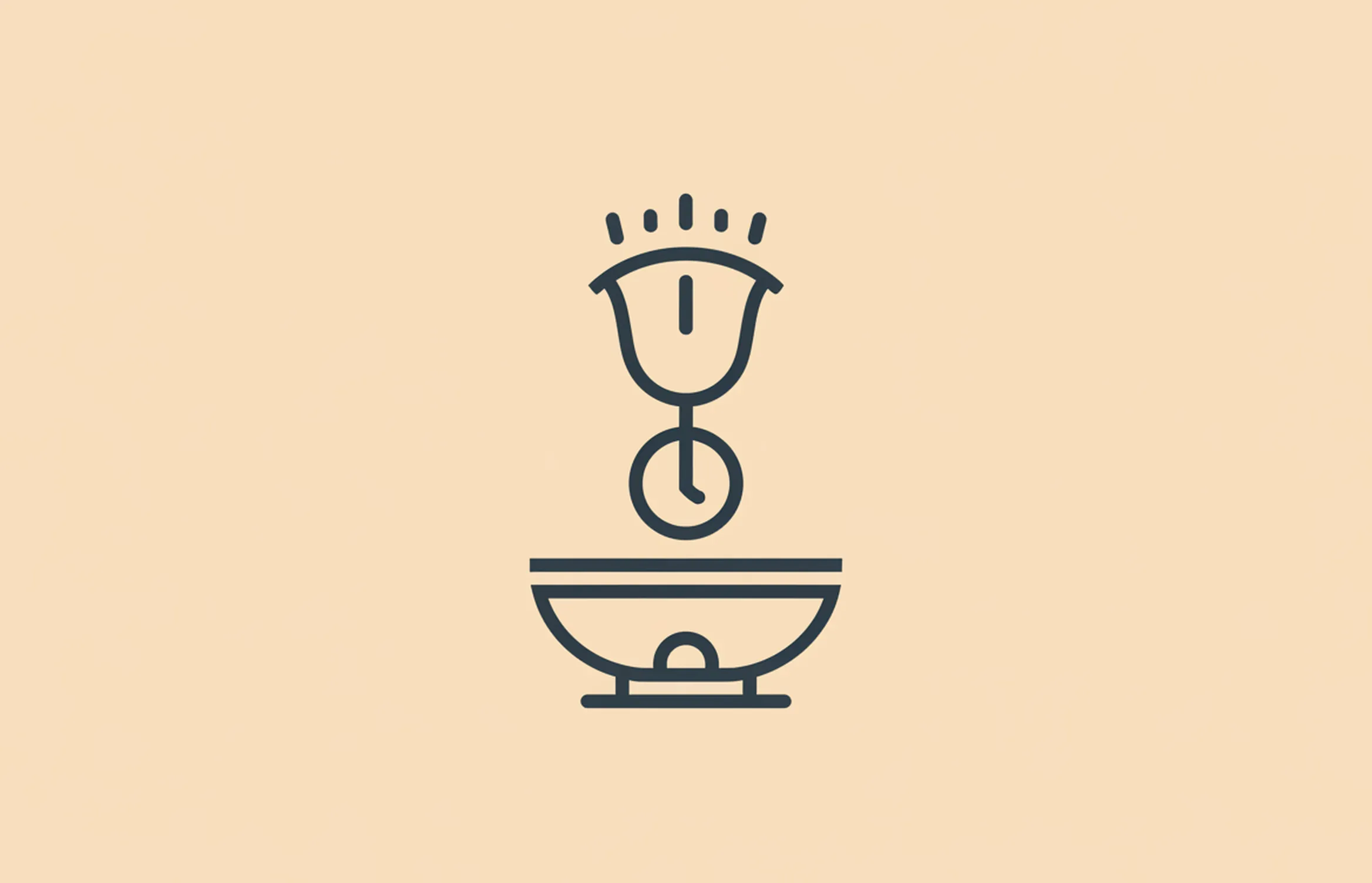A burned tongue is a common incident that most of us have experienced at some time or another. Whether you took a sip of scalding hot coffee, tea or hot chocolate, or bit into a hot slice of pizza straight out of the oven, the result is a burned tongue that can be uncomfortable and quite painful.
What Happens When You Burn Your Tongue?
The tongue is a very sensitive organ and allows you to experience numerous flavours and textures. The tongue's surface comprises tiny bumps known as filiform papillae. The papillae contain tiny hair-like microvilli that enable you to sense different tastes, temperatures, and textures.
When you drink or eat very hot or cold beverages or food, the papillae can get burned and become traumatized and inflamed. This disrupts the ability of the microvilli to detect the taste or texture of food temporarily and, depending on which part of your tongue is burned, the ability of the tongue to taste different flavours will be affected.
Thankfully, if you've burned your tongue, there are a few quick remedies that can help to ease the discomfort and pain.
Remedies for Burned Tongue
Cool Your Tongue
If you have burned your tongue, the first thing you must do is cool it down. This can help to soothe the irritation and hasten recovery. Sip some cool water or chew some ice chips.
This will not only help to reduce the temperature of your burned tongue and prevent the heat from penetrating the tissue, but it will also hydrate your mouth and reduce the pain. Drinking water will also help in the production of saliva, which will protect the burned tongue from bacteria and heal the burned tissue.
Rinse With Salt Water
If you have burned your tongue, rinsing your mouth with salt water can help to relieve the swelling and pain. Salt has antiseptic properties and can help to reduce the bacteria in the mouth. You can add half a teaspoon of table salt to cool or lukewarm water, rinse your mouth with the saltwater and then spit it out.
Consume Milk Products
Drinking milk or eating yoghurt can help to soothe your burned tongue and make it feel better. This is because the milk or yoghurt coat the tongue and have a cooling effect.
Have Some Honey
Consuming some honey can help foster healing of the burned tongue and relieve the pain. Honey has anti-inflammatory and antimicrobial properties and has been used for centuries as a remedy for burns.
Not to mention that honey is quite delicious too. Take one teaspoon of honey and place it on your tongue for a while before swallowing it. Repeat this 2-3 times for relief.
Eat Cold and Soft Foods
If your tongue and mouth are feeling tender, then eating soft, cold foods like applesauce, yoghurt, and fruits can help to ease the tenderness and burning sensation. After eating, drink some water to ensure that all the food debris is washed away and nothing remains on your tongue.
Avoid Consuming Foods/Drinks that Cause Irritation
If your tongue is burned, then spicy foods, hot drinks, and alcohol can cause further irritation and so it is better to avoid these. Spicy foods can irritate the burned tongue and make it more painful.
Alcohol is an irritant and can cause pain while also delaying the healing of the damaged taste buds. Avoid hot drinks as you may end up burning your tongue again and slow its recovery.
OTC Pain Relievers
If your tongue is badly scalded and you're having severe pain and the above methods are not helping, then it may be a good idea to take some OTC pain relievers such as acetaminophen or ibuprofen that can help to reduce the pain.
Using oral anaesthetic gels containing benzocaine, which are usually used to relieve toothaches and oral sores, can also help the burned tongue.
Wrapping Up
A burned tongue can be extremely painful; however, if caused by hot food, it is temporary and the discomfort will go away after a while. Fortunately, there are simple home remedies that can help to soothe the burn, relieve the pain and make things more bearable.
However, if the pain and discomfort persist even after trying out the above home remedies or if the injury is very severe or it is a chemical burn, then it may be a good idea to consult your medical practitioner. And, the next time around, be wary of hot food or drinks and test the temperature by taking small sips or nibbles to prevent your tongue from getting burned.
Sources and References
-
[1]
Physical and Chemical Lesions of the Oral MucosaStatPearls - NCBI Bookshelfhttps://www.ncbi.nlm.nih.gov/books/NBK572079/
-
[2]
Rinsing with Saline Promotes Human Gingival Fibroblast Wound Healing In VitroPLOS ONEhttps://pmc.ncbi.nlm.nih.gov/articles/PMC4956236/
-
[3]
Therapeutic efficacy of cold therapy after intraoral surgical procedures: a literature reviewJournal of Periodontologyhttps://pubmed.ncbi.nlm.nih.gov/17470011/
-
[4]
Honey: its medicinal property and antibacterial activityAsian Pacific Journal of Tropical Biomedicinehttps://pmc.ncbi.nlm.nih.gov/articles/PMC3609166/
-
[5]
Honey and Wound Healing: An UpdateInternational Journal of Molecular Scienceshttps://pubmed.ncbi.nlm.nih.gov/28063093/
All sources accessed and verified on . Medical information reviewed for accuracy and compliance with current guidelines.
Related Articles

Can Temporary Veneers Cause Pain?
Complete guide to temporary veneers including why they may cause discomfort, the procedure involved, preventive measures, and what to eat while wearing them

Wisdom Tooth Pain: Causes & Remedies
Understanding Pericoronitis Symptoms and Evidence-Based Pain Relief (73.7% Report Pain as Main Indication)
About The Dental Guide
The Dental Guide is a trusted online resource providing evidence-based information about dental health, treatments, and procedures. Our content is created and reviewed by qualified dental professionals to help you make informed decisions about your oral health.
Our Mission
- Evidence-based dental information
- Expert-reviewed content
- Clear, accessible explanations
- Latest treatment options
- Patient-focused guidance
Editorial Standards
- GDC-registered dental professionals
- Peer-reviewed sources
- Regular content updates
- Medical accuracy verification
- Transparent authorship
Important Notice
The information on The Dental Guide is for educational purposes only and should not replace professional dental advice. Always consult with a qualified dentist for diagnosis and treatment recommendations tailored to your individual needs and circumstances.
Medically Reviewed
Reviewed by Dr. Nasim Mechoui , BDS (Bristol)
Share this article
Comments & Discussion
Have questions about dental implants? Share your thoughts or experiences.
